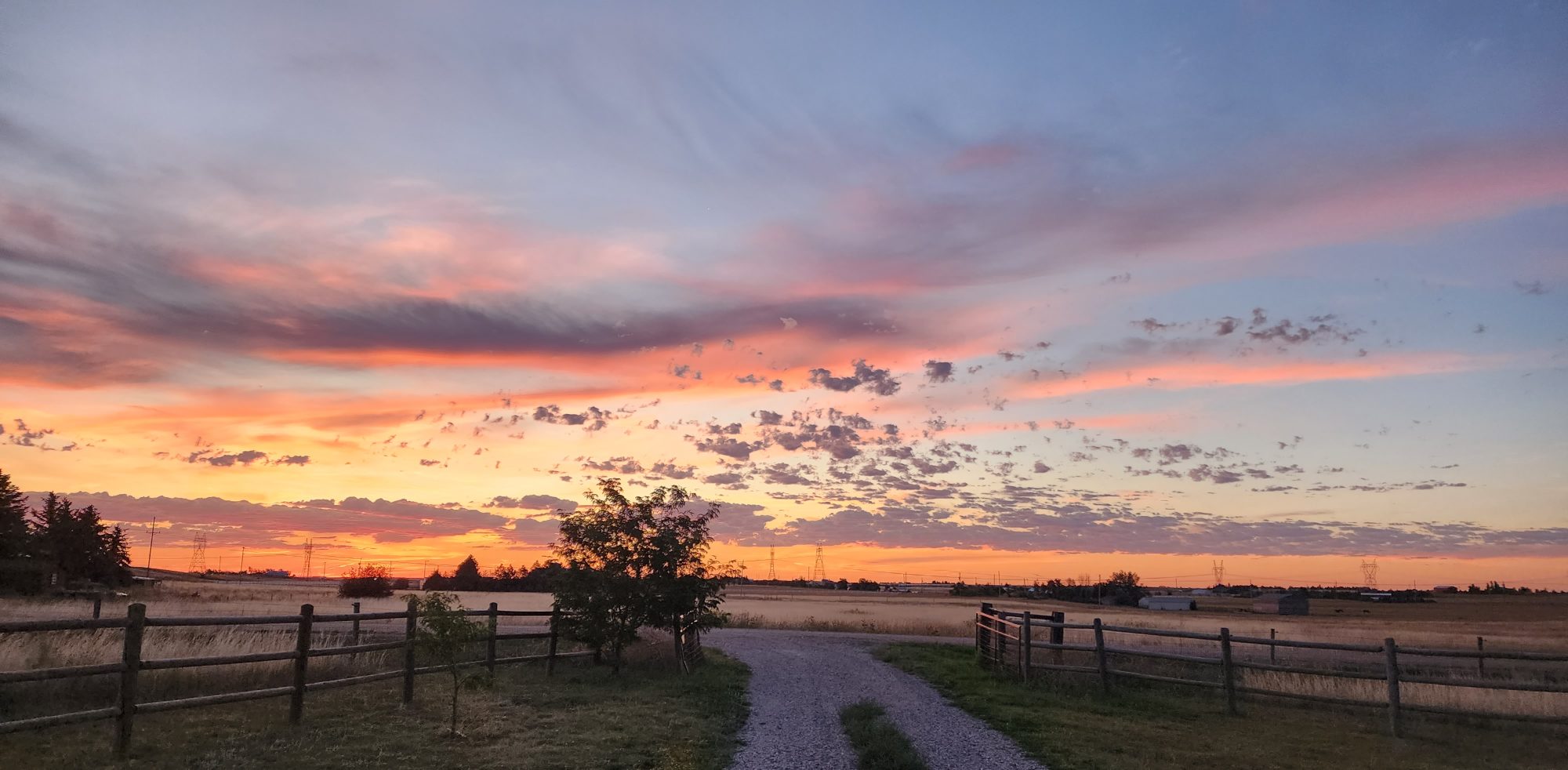SUMMARY OF MATTHEW 15:1-9
The Pharisees and teachers of the law come to Jesus and ask him why his disciples break the Old Testatment law of washing their hands before they eat. Jesus countered, asking them why they break the command of God for the sake of their traditions. He uses an example of honoring your mother and father. He calls them hypocrites and tells them Isaiah was right when he prophesied about them, saying their hearts are not God’s and they worship in vain as their rules are taught by men.
SUMMARY OF MARK 7:1-13
The Pharisees and the teachers of the law came from Jerusalem to see Jesus. They say the disciples were eating food with “unclean” or unwashed hands. Jewish people ceremonially wash their hands before they eat in the tradition of their elders. They asked Jesus why the disciples weren’t following the tradition of the elders.
Jesus replies that Isaiah was right in saying that they do not follow God, but instead follow the traditions of man. Jesus points out they make their own rules, setting aside God’s law, saying they teach that they don’t need to help their father and mother if they’ve received help elsewhere.
BSF Study Questions Matthew Lesson 16, Day 2: Matthew 15:1-9 With Mark’s Parallel Account in Mark 7:1-13
3a) The Pharisees ask Jesus why his disciples break the Old Testatment law of washing their hands before they eat and eat with unclean hands.
b) Jesus answered their question by pointing out how they have given up following God’s law for the sake of following their traditions instead.
4) Exodus 20:12: Honor your father and mother.
Mark 7:11-13: The Pharisees apparently don’t honor their father and mother
Ephesians 6:1-3: Honor your father and mother and obey them.
He exposed how the Pharisees did not promote honoring your father and mother.
5a) Jesus’s primary message to the Pharisees and teachers was that they set aside God’s law for their own law, putting themselves above God.
b) Good question. I try not to be a hypocrite, but I know I am in some respects. I can be very selfish, but I admit when I am. I try to do what is right and good in all respects.
Conclusions BSF Study Questions Matthew Lesson 16, Day 2: Matthew 15:1-9 With Mark’s Parallel Account in Mark 7:1-13
I love how Jesus just doesn’t even bother to answer the Pharisees directly because their question is so trivial. In the grand scheme of things, who cares about washing your hands? Jesus came to wash hearts with God, not hands.
Great read if you are struggling!

End Notes BSF Study Questions Matthew Lesson 16, Day 2: Matthew 15:1-9 With Mark’s Parallel Account in Mark 7:1-13
Matthew 15:1-9
We see the Pharisees travel all the way from Jerusalem (about 70 miles) to Galilee in order to check out Jesus.
The Pharisees admit this is a tradition, not a law. So why bother asking? It’s trivial when compared to Jesus’s work.
The teachers of the law were condemning people for not following tradition, not the law. Over the years, the religious leaders had extended God’s law to many rituals that were meant for show and that they used to leverage their power. However, these rituals only blocked people them from God essentially.
Honor your mother and father speaks to helping them when they are in need. Apparently, by declaring resources dedicated to God, you could withhold them from your parents.
Jesus quotes Isaiah who points out that you can outwardly be close to God, but inwardly be far away.
Mark 7:1-13
It is plain from the Pharisees that they are just out to get Jesus and trap him. They truly don’t care about the good he is doing for others. They used their traditions to try to trap Jesus instead of God’s word.
In Old Testament times, there was the written law and the oral law. The oral law was the interpretation of the written law, and many put the oral law above the written law.
The washing of hands before eating was taken very seriously by most Jews, and it was a very elaborate ceremony. They would pour water over their hands and cleanse the palm. They believed unclean food was like eating excrement. The Pharisees were concerned about losing power, and nothing else.
Note how many traditions seem good, but in the end, turn bad.
Uncleanliness is not the food itself, but the disobeying of God instead.
The Pharisees were too concerned with the trivial, which is why Jesus labels them hypocrites. This kept people from drawing near to God.
They were putting their word equal with God’s and promoting it as God’s.
If possessions were labeled as dedicated to God (Corban), they could not be used for any other matter, including helping your parents.
*As an Amazon associate, I earn from qualifying purchases.

